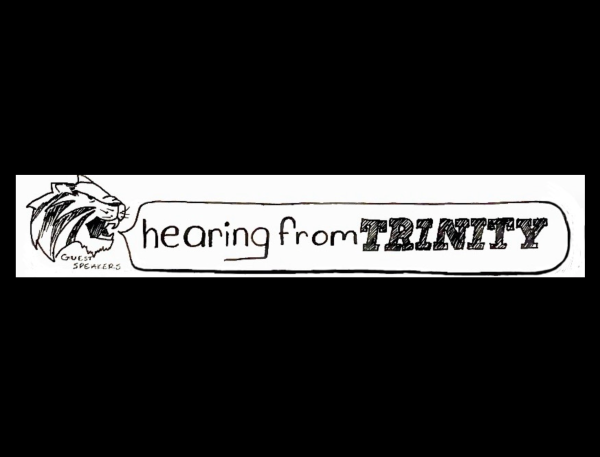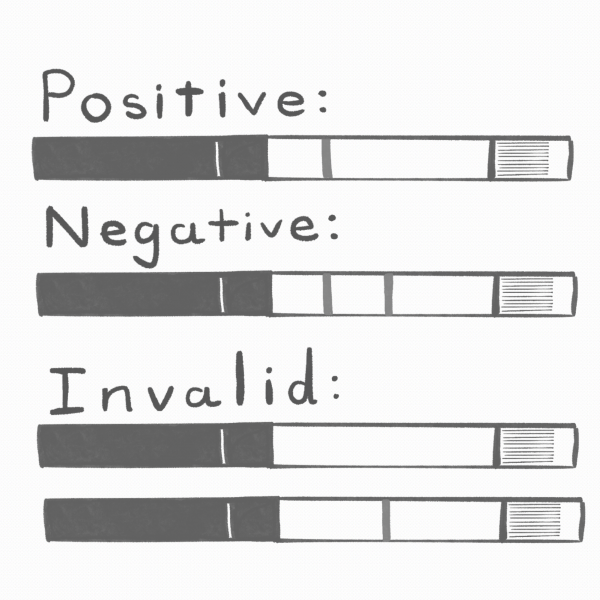Breaking up with your therapist: Is there a right way?
Even with the therapist of our dreams, there can come a time when we have to break up with them. We grow, we change and sometimes, we might be near the end of an era. Making peace with the fact that it’s time to move on doesn’t make the task any easier.
Due to the intersectional experiences our identities perpetuate, there can never be a universally “right” way to end any relationship, especially one that is both personal and professional. Even so, acknowledging that there is a human on both sides of the relationship and approaching the situation with empathy is all we can really do.
Finding a therapist is a popular topic of conversation as topics around mental health now have more prevalence in our society. This age of social media has given therapy a platform, with a spread of infographics about topics such as “managing anxiety” or “signs you are experiencing depression.” But just as “breaking the glass ceiling” no longer accurately represents the reality of the problems women face in modern corporate culture, fixing the discourse on “normalizing therapy” no longer fully encompasses the conflicts that arise within the internal structures of the counseling space.
In fact, the matter of breaking up with a therapist is another important factor in finding a therapist that better fits our distinct needs. The need for therapists to be formally educated in therapeutic approaches for different demographics and underrepresented areas of mental illness gives us all the more reason not to settle for a form of counseling that stifles our growth.
A necessity for a more personalized counseling experience isn’t entirely a bad problem. The recognition of therapy’s rightful place in our lives allows individuals to push for approaches tailored to their specific needs. We no longer need to settle for a therapist who simply fits the basic definition of “a person skilled in therapy.” This agency also gives us the ability to break things off whenever we see fit. Although empowering, it can be daunting, especially if we don’t know how to wield this power.
There are many ways to end relationships in general, which also apply within therapy. For example, we can “ghost” our therapists if we choose, but it’s usually frowned upon due to its dehumanizing effect and lack of respect. Would our therapists approve of “ghosting” in the other relationships in our lives? Probably not. If an individual is unable to communicate otherwise, “ghosting” may be their only way to set proper boundaries and leave the situation. Although this is not an ideal example of healthy communication, it gets the job done and could be an area of growth to work on with the next therapist.
To practice more direct communication, emailing or sending a text would be a step above “ghosting.” For someone who has just gotten comfortable with vocalizing their needs, this could be an option that serves as a middle ground between “ghosting” and in-person communication. An email can be a way to communicate our needs while also being respectful and maintaining a level of professionalism.
It’s often said that physically vocalizing our emotions is the healthiest form of communication. This might be because it involves preparing our reflections beforehand, carrying them through in the present and actively taking in the other person’s reaction. In situations of “ghosting” and communicating by email, there is more separation from the other person’s immediate reaction. Because of this, vocally addressing the breakup with our therapists may feel confrontational and awkward.
During therapy sessions, we tend to stay within the bounds of working on relationships with ourselves and the people in our lives. If we were to shift this attention specifically to our relationship with our therapist, it might feel like breaking the fourth wall. For example, using some of the techniques we learned in therapy to vocally end our relationship with our therapist, such as openly identifying needs and setting boundaries, can feel a bit meta and maybe even wrong. But it can also be rewarding to know that we are able to carry the healthy practices we’ve been working on into ending things with our therapist. An experienced and professionally trained therapist would probably be proud of us.
At the heart of it all, our responsibility is to ourselves. We shouldn’t have to settle for anything less than what nourishes our mental health. It’s also important to remember that, labels aside, we are all human beings with unique sets of vices, virtues, needs and biases. And this human condition applies to our therapists too, even though it might be easier for us to create that separation. There is no singular “right” way of ending a counseling relationship, but as long as the decision is made from a place of empathy to ourselves and our therapists, we are doing our best and growing through experience.

Hello! I am a junior English and Business major with a minor in creative writing. As an opinions columnist, I’m passionate about exploring anthropological...






